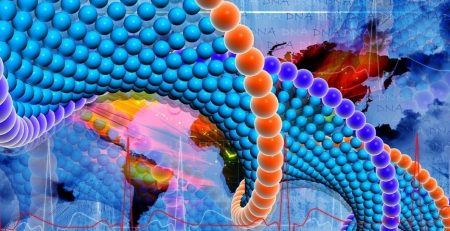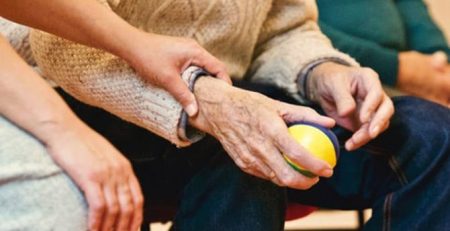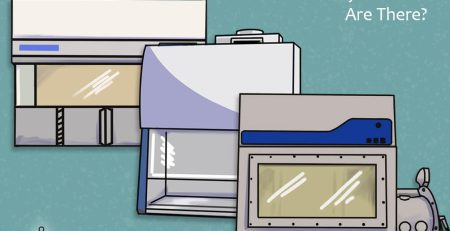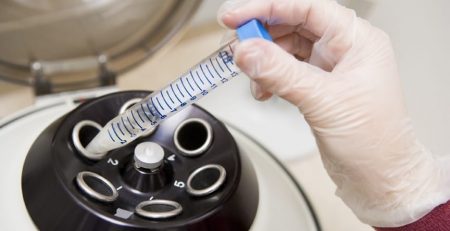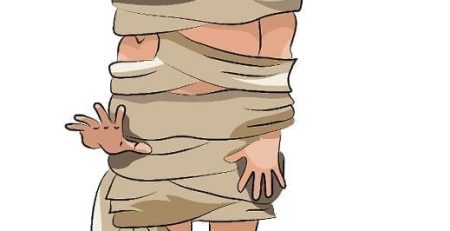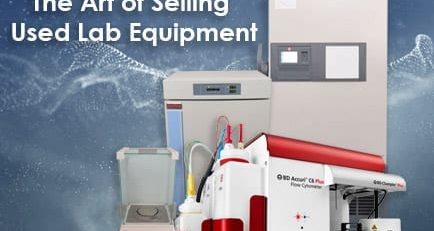
Surgeons Perform First Trachea Transplant
joe2021-05-28T14:08:06+00:00Surgeons from Mount Sinai Hospital have performed the world’s first human windpipe transplant on a woman with severe damage to her trachea in an 18-hour procedure according to IFLScience.com.
The team has announced this operation as “the first successful tracheal transplant.” Until now, no long-term treatments existed for patients with long-segment tracheal damage, according to a statement from Mount Sinai Hospital.
“For the first time, we are able to offer a viable treatment option to patients with life-compromising long-segment tracheal defects, and this development will change the standard of care. It is particularly timely given the growing number of patients with extensive tracheal issues due to COVID-19 intubation,” Dr. Eric M. Genden said. “This surgical achievement is not only the culmination of 30 years of research that began when I was a medical student at Mount Sinai, but was also made possible by the spirit of collaboration that exists at Mount Sinai.”
During this procedure the team removed the trachea and associated blood vessels from the donor and then reconstructed the trachea in the recipient – a 56-year-old female social worker with severe tracheal damage due to repeated intubation after an asthma attack and several failed surgical attempts to reconstruct her trachea that led to even further damage. The surgeons used a portion of the esophagus and thyroid gland to help provide blood supply to the trachea which led to successful revascularization, allowing the recipient to breathe through her mouth for the first time in six years.
“Eighteen hours later, it was clear we had accomplished what many said could not be done. Ultimately, everything went smoothly because we assembled a strong team with extensive surgical expertise in organ transplantation and tracheal reconstruction. Seeing the graft come alive and knowing that the organ was well vascularized was an amazing experience. Knowing that this procedure and 30 years of research will save countless lives was indescribable. It is why we do what we do, to make a difference,” Dr. Genden said.






